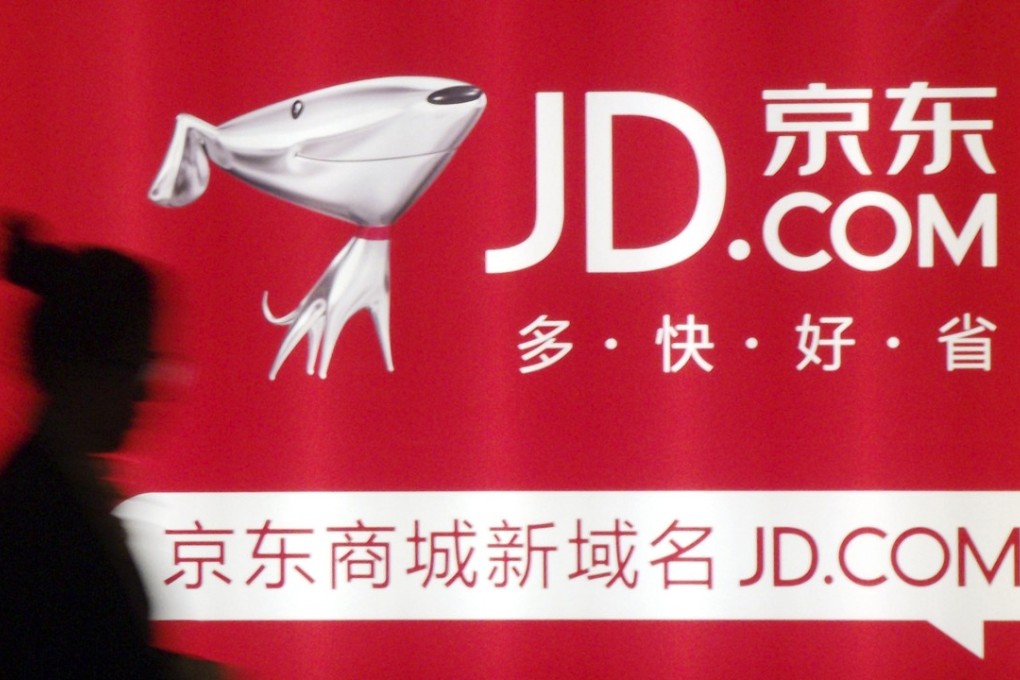Late to the race, Chinese retailer JD.com sees artificial intelligence as central to its expansion
Company to recruit more personnel and focus on improving core technologies

A woman walks into a store in the lobby of JD.com’s south Beijing headquarters. After selecting some snacks and a drink she leaves the store.
And while it might have seemed as if no one paid for the items she took, Lily Shen did by looking up at the camera while she was walking out. Shen had just finished a typical day at China’s second-largest online retailer and paid for a bottle of green tea with facial recognition.
“No one can enter our unmanned stores without having their faces scanned,” said Zhou Bowen, who is heading JD.com’s artificial intelligence efforts. “A person’s credit scores will be hurt if he or she behaves improperly.”
Zhou joined the e-commerce operator in September from IBM and reports directly to JD.com founder Richard Liu, who said last year that AI was a core component in the company’s business strategy.
“This year, I will focus on AI talent recruitment,” said Zhou, who was chief scientist at IBM’s AI platform for businesses. “We will see more and more AI talent joining JD.com in the future, but it is not an easy job to find AI talent.”
He said JD.com would test AI applications such as a recommendation engine and smart warehouse and logistics, including unstaffed vehicles, within the company. The company may also set up AI research centres, he said.
JD.com has been on an AI hiring spree in the past few months, recruiting Pei Jian, a leading big data researcher and computer science professor at Simon Fraser University in Canada, former Amazon chief scientist Bo Liefeng and former Microsoft Asia-Pacific technology chairman Shen Yuanqing.